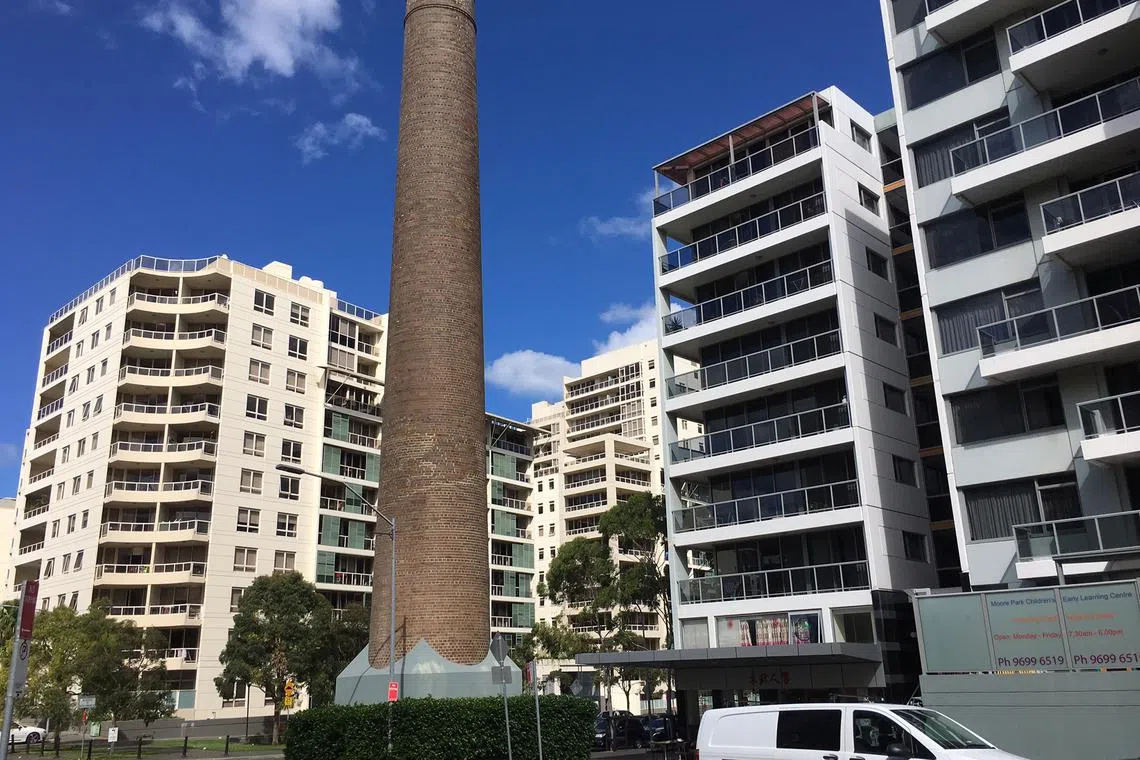Australian PM pledges billions for housing ahead of budget
Sign up now: Get insights on Asia's fast-moving developments

The new housing package includes A$9.3 billion (S$8.3 billion) over five years to build and repair social housing and combat homelessness.
PHOTO: ST FILE
SYDNEY – The Australian government has promised to spend billions on housing programmes as it tries to appease mounting voter angst about a chronic shortage of homes.
The new package, announced ahead of next week’s budget, which is expected to focus on the cost of living, is mainly comprised of funding commitments for the country’s states and territories. It includes A$9.3 billion (S$8.3 billion) over five years to build and repair social housing and combat homelessness, A$1 billion for new housing infrastructure like roads and sewers, and A$1 billion for crisis housing for people fleeing domestic violence.
“This isn’t about one suburb or one city or one state,” Prime Minister Anthony Albanese said on May 11. “It’s a challenge facing Australians everywhere and it needs action from every level of government.”
While the plan was welcomed by industry bodies, the Greens party said much of the money was just “repackaged”. Speaking on a trip to Tasmania, Mr Albanese rejected that characterisation, saying the money represented the “greatest investment in housing that we’ve seen for some time”.
The government has set itself a target of building 1.2 million new homes by 2030, but progress has been slow. Apartment approvals tumbled to a 12-year low in February as capacity constraints and rising costs weighed on construction. At the same time, a post-Covid-19 rebound in immigration has seen Australia’s population swell, intensifying competition for property and sending both rents and prices soaring.
Widespread concern about the problems, combined with the pressure households are under from higher interest rates and inflation, has weighed on the government’s popularity.
“Cost of living is the defining challenge in our economy right now,” Treasurer Jim Chalmers said in an interview with the Australian Financial Review. “We share that priority. You’ll see that in our own budget.” BLOOMBERG


